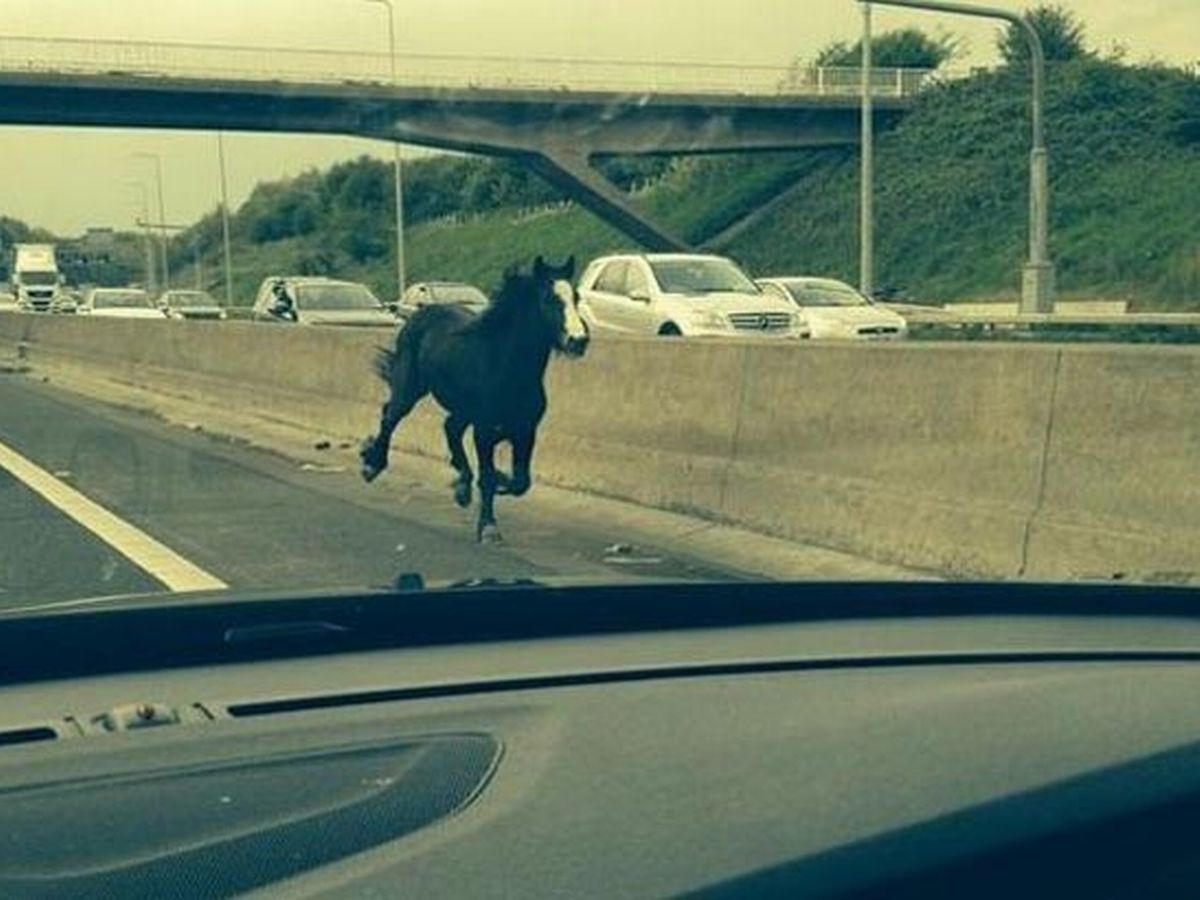Table of Contents
A proposed plan to save the planet, an opinion piece on Stuff, is completely backwards facing. Apparently, the only way to save the planet (or at least just Wellington) is to regress our modern-day society into a world from the past and to “behave better” – whatever that means.
Now don’t get me wrong, there are parts of the past that I quite, like such as stable nuclear families where children were brought up with both a Mum and a Dad, but other aspects of the past are frankly revolting. I wouldn’t accept regressing to the bad old days where teeth were pulled without anaesthetic and I am not at all keen on going to visit my friends on a bicycle or, even worse, having to walk! Public transport is for other people, not me, thanks, as unless you live in a well-planned city like Melbourne where you can catch a train anywhere easily, public transport is unreliable and generally useless. Just ask any Aucklander.
[…] The Wellington city approach mirrors that of many other councils and national government. We will behave better. We will walk and cycle a lot more, use public transport a lot more. There will be a big investment in public transport infrastructure. And we will buy electric cars.
[…] Too often transport-change plans assume that people are just “naughty” and make poor travel choices. All that is needed is exhortation to better behaviours. But from the research I was involved in, my conclusion is that where people live and how they travel is a rational decision made on the basis of the real settings at play. Exhortation and environmental concern play little part in that choice.
Tell me something I don’t know. If public transport is accessible to where people live and takes them to where they want to go on time and efficiently, some of them will use it to take them to work. That is not something that can be created in an existing city. It is not something that can be implemented quickly either. A city has to be planned before it is even built, like Melbourne, if public transport is to be of any use whatsoever. It also helps if the city is very flat.
THEREFORE, IF WE WANT REAL DRAMATIC CHANGE, WE NEED TO PROVIDE A DRAMATIC CHANGE TO THOSE SETTINGS UNDER WHICH PEOPLE LIVE. WHAT IS NEEDED IS A HIGHLY VIABLE ALTERNATIVE, THAT CAN BE IMPLEMENTED QUICKLY.
MY APPROACH FOR THAT ALTERNATIVE IS TO USE OUR EXISTING INFRASTRUCTURE IN A MORE EFFECTIVE WAY, SO AVOIDING THE DELAY AND COST OF NEW INFRASTRUCTURE.
WE NEED TO REPLACE ABOUT 90 PER CENT OF THE 378,000 VEHICLES THAT MAKE UP THE PRIVATE LIGHT VEHICLE FLEET OF THE WELLINGTON REGION. WITH THE ROADS NOW CLEARED, A HIGH-QUALITY PUBLIC TRANSPORT SYSTEM BASED ON ABOUT 1500 BATTERY ELECTRIC BUSES COULD OPERATE VERY EFFECTIVELY.
Now he is just being silly. The rest of his suggestions are all about trying to make buses more efficient and about electric cars replacing the bulk of Wellington’s private car fleet. Of course, if electric cars replace normal cars then how exactly will that clear the roads?
[…] THE CHANGE WILL HAVE SOME NEGATIVE IMPACTS, ESPECIALLY ON THE CAR SUPPORT SECTOR, BUT ALSO MANY BENEFITS, INCLUDING FREEING UP LARGE TRACTS OF CBD AND CBD FRINGE LAND WHICH COULD BE USED FOR INNER CITY LIVING.
Someone tell him he’s dreaming. Do we really want to cost people jobs just so that some latte-sipping arty types can live in the CBD?
[…] SUCH A DRAMATIC CHANGE IN TRANSPORT OBVIOUSLY NEEDS THE AGREEMENT OF THE COMMUNITY, BUT IMPLICIT IN THAT AGREEMENT IS THAT REMAINING CARS WILL BE THE SECONDARY FORM OF TRANSPORT AND RESTRICTED IN THEIR USE.[…]
stuff.co.nz/environment/climate-news/114640775/most-private-cars-would-go-in-my-radical-plan-to-urgently-cut-emissions
And there we have it. Scratch the surface and we have someone keen to restrict our freedoms for the so-called greater good. He will be wanting to turn the motorway into a horse lane next.










